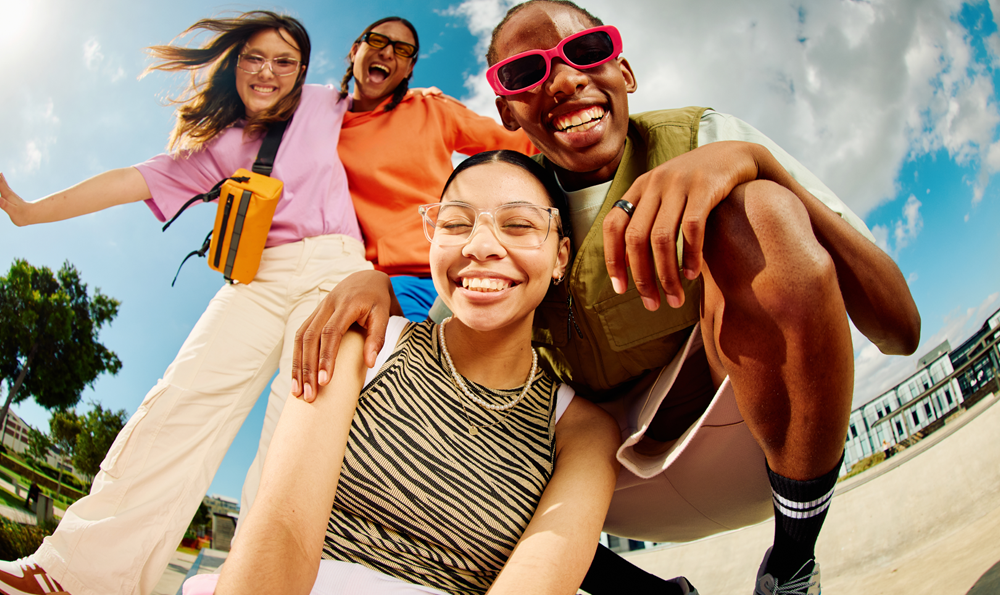Negativity toward LGBTQ+ people and communities is fueling feelings of loneliness and isolation. In these types of challenging and unsupportive environments, the struggle to find acceptance can be exhausting, and leave mental and emotional scars.
But, according to Stuart Green, DMH, LCSW, behavioral scientist at Atlantic Health System, finding a community you can count on—a true support system—is the single most important way to get through hard times.
“Many people within the LGBTQ+ community may lack support, in some cases even from family,” says Dr. Green. “Although it takes some work to find people who share your experiences and identity, it’s critically important to your health and wellbeing.”
A way to find acceptance
If you face criticism or judgment at home, school, work, or in your local community, you need to find or build a support system of your own.
Support networks and resources come in many forms: community centers, nonprofit organizations, faith communities, online support groups, and even behavioral health services.
“So many adults and children suffer from a lack of social support,” says Dr. Green. “Finding inclusive, affirming environments can lessen feelings of loneliness and foster open conversations, which is how friendships start.”
He says that if you can’t find social support in your natural environment through family, friends, and others, joining an LGBTQ+ community organization and participating in their activities can be an important, self-protective next step.
Building a supportive community
Social support is one of the most important factors in the way people feel and function. But how do you know if your family members or friendships are truly supportive? Dr. Green says to look for people who value you and respect your autonomy. Here are a few telltale signs.
- Do they accept you for who you are without criticizing your behavior or appearance?
- Do they push you to change important aspects of yourself when you haven’t asked for help?
- Do they know genuine things about you or is it a more superficial relationship?
- Do they offer concrete help when needed; e.g., financially, or with transportation or childcare?
- Do they avoid putting you in difficult social situations and respect your decisions and preferences?
According to Dr. Green, research shows a significant percentage of homeless youth in the country are LGBTQ+ and are homeless because they were rejected by their own families.
“If you have to hide who you are from others in your life, you need more social support,” says Dr. Green. “Join, volunteer, or participate in some way with a group who accepts you as you are. It is the best way to gain a sense of hope, empowerment and belonging during the tough times, when you need it most.”
This is a partial list of organizations in New Jersey that offer advocacy, education, and community programs:
- Asbury QSpot LGBT Community Center
- CenterLink LGBTQ Community Centers
- Edge
- Garden State Equality
- Gay Activist Alliance in Morris County
- GLSEN Northern NJ
- Hetrick-Martin Institute: New Jersey
- HiTops
- Hudson Pride Center
- Hyacinth AIDS Foundation
- North Jersey Pride
- PFLAG of North Jersey
- Rainbow Café Morris
- The Pride Center of NJ
- Union County Office of LGBTQ+ Affairs









